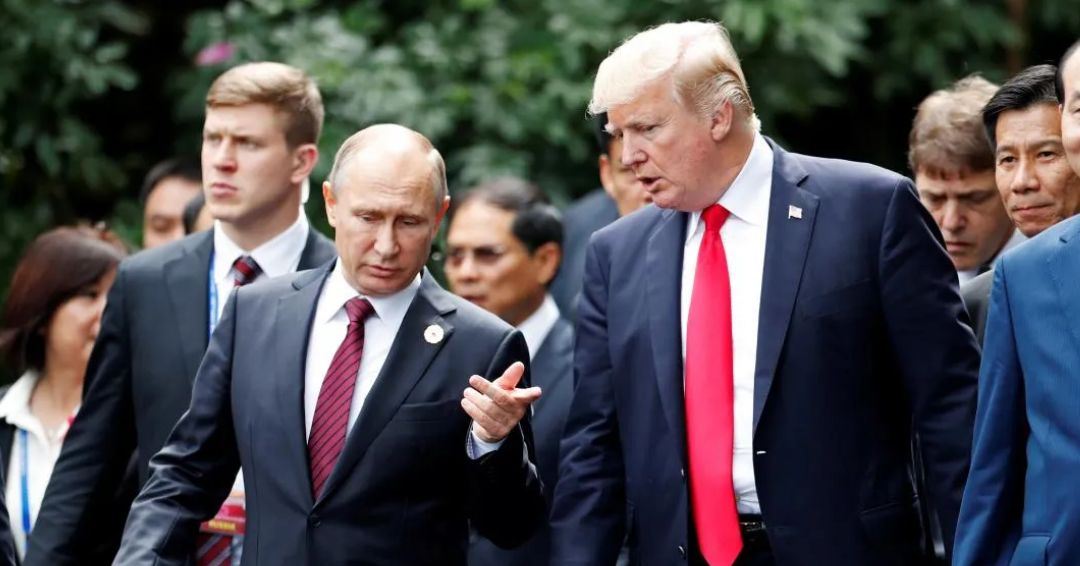An eagerly awaited meeting between US President Donald Trump and Russian President Vladimir Putin has been put on pause after Moscow rejected a US-backed call for an immediate ceasefire in Ukraine.
Diplomatic contacts that were meant to lay the groundwork, including talks between Secretary of State Marco Rubio and Russian Foreign Minister Sergey Lavrov, were delayed as the two sides remained far apart on core terms.
For now, officials say a formal summit cannot go ahead until Moscow softens its stance.
Trump-Putin meeting: What stalled the summit
Officials say the snag is substantive: the United States and several European partners have pressed for a ceasefire roughly along current front lines as the first step toward talks, while Moscow continues to press for territorial and political preconditions that Kyiv and its allies reject.
A scheduled preparatory meeting between Rubio and Lavrov did not go ahead in person, after phone exchanges showed the gaps were wider than expected.
Kremlin spokespersons have cautioned that there were never finalized dates and have pushed back on characterizations that talks were “postponed,” but Western diplomats describe Moscow’s public refusal of an immediate truce as a practical roadblock to scheduling a high-profile summit.
The dispute highlights a classic diplomatic dilemma: whether a summit should be used to catalyze compromise, or whether it should come only after negotiators have already bridged differences on paper.
For now, the Biden-era channels and European capitals are urging coordination, even as Kyiv warns any deal that cedes occupied territory without its consent would be unacceptable.
Regional and political ripple effects
Beyond the principles, planning for the meeting has bumped into practical and political complications.
Some EU countries expressed concerns about logistics, for example, whether Putin could traverse certain airspaces without legal or political consequences, and Warsaw publicly warned about the enforcement of international warrants if travel routes were used in certain ways.
The pressure was on on Hungary to spell out how it would legally and logistically host Vladimir Putin for a potential Trump meeting, including airspace guarantees and handling of the ICC warrant risk, without triggering clashes with other EU members or breaching existing sanctions frameworks.
European leaders publicly backed a ceasefire framework aligned with the current contact line, signaling support for a modest US-led proposal but urging greater detail and guarantees.
Back-channel reports also suggest that Kyiv’s government is uneasy with any summit that might normalize Russian territorial gains.
In Washington, the White House and senior diplomats say there are no immediate plans for a summit while Moscow’s red lines stand.
Analysts say the pause could give time for quieter diplomacy, or it could harden positions, depending on whether either side uses the lull to recalibrate demands or simply dig in.
The post Trump-Putin summit on hold after Moscow rejects US-backed ceasefire plan appeared first on Invezz

